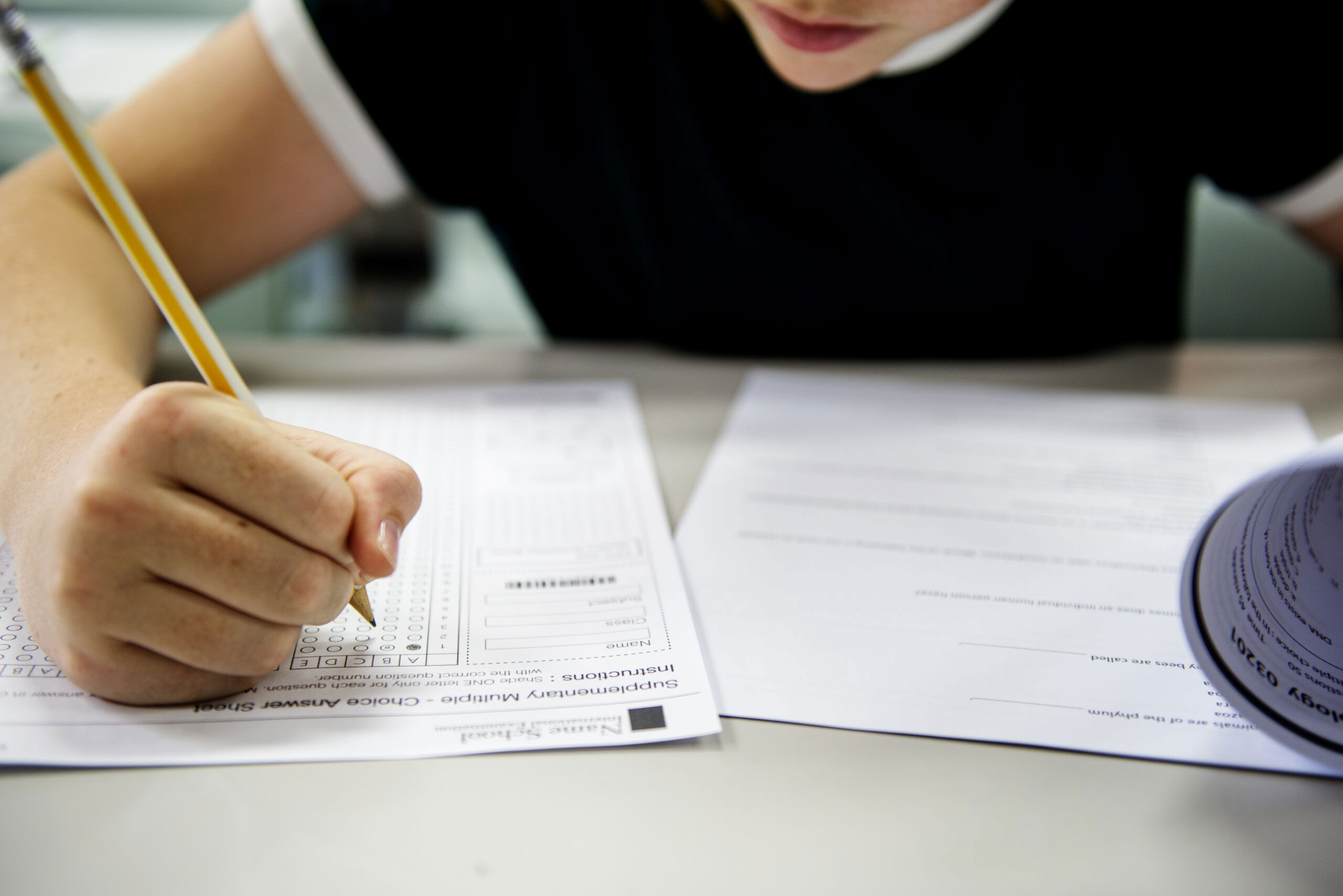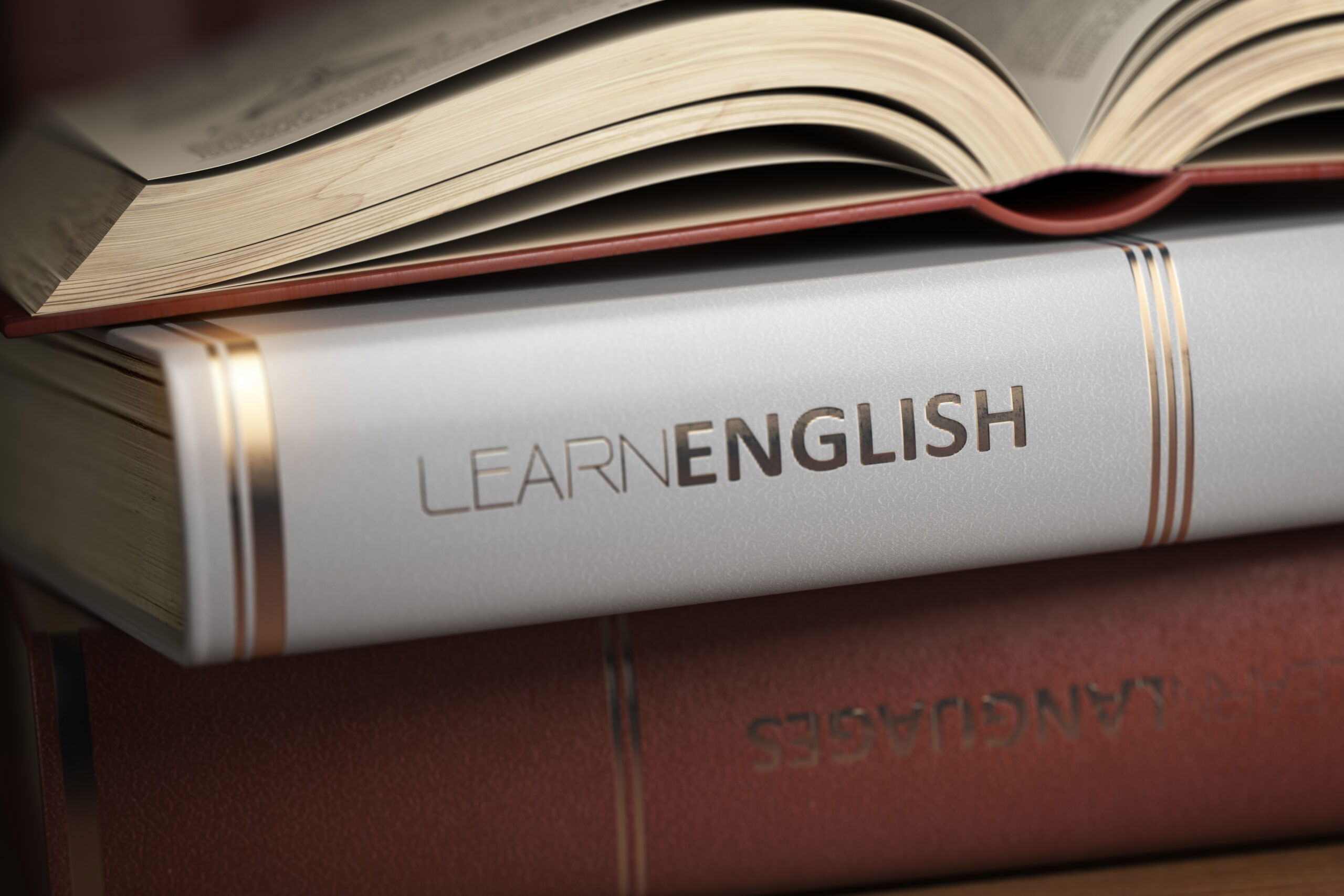What is the IELTS test and how is it scored?

What is the IELTS Test?
The International English Language Testing System (IELTS) is a test of your level of English. In fact, the exam is divided into 4 sections tests students’ ability to listen, read, write and speak in English. Most importantly it is graded on a scale of 1-9. At TutorsPlus we have years of experience helping our students prepare for the test in order to get into the English-speaking university of their choice.
What is the listening test?
The listening exam is made up of 4 sections with a total of 40 questions. There are several different question styles including multiple-choice, form completion, labelling a diagram, and completing a sentence or a flow chart amongst others.
You can expect to hear a variety of different speaking styles and accents, and the listening scripts vary from everyday conversations to academic lectures.
What is the reading test?
The reading section has 3 parts and a maximum of 40 points available.
Candidates will read three texts and answer various types of questions, including multiple-choice, true/false/not given, matching headings, and identifying the writer’s views. Students can expect to read extracts from fiction and non-fiction books, journals, and newspapers. The extracts all focus on academic subjects of general interest and there are about 2,750 words in total in the three passages.
What is the writing test?
The writing section consists of 2 tasks: the first requires candidates to write around 150 words, and the second at least 250 words. For task 1, candidates are required to describe, summarise or explain a diagram, graph, table or chart. Task 2 requires students to write an essay discussing a point of view, argument or problem. Both pieces of writing require formal language.
What is the oral test?
In this part of the test, candidates take part in a discussion with an examiner.
The speaking test lasts around 15 minutes and has 3 parts. During part 1, you will talk about yourself and your family, in part 2 the examiner will ask you to discuss a question or a subject that they will present to you on a cue card, and in part 3, you will develop the topic introduced in part 2 with the examiner.
Top tips for improving your IELTS score
If we had a penny for the number of times we’ve been asked for ‘tricks’ or ‘short cuts’ to IELTS success…. However, the truth is, there aren’t any. It’s considered the gold standard for a reason—it genuinely measures a person’s true level of English, making it a test that cannot be crammed for.
“Turn your brain setting to English!”
So, our number one tip if IELTS is on your radar, is to start ‘turning’ on the English part of your brain. Making dinner? Put on the news in English or listen to a podcast. Lounging on the sofa? Lounge in front of something in English (Netflix counts!). Commuting to school? Read an article or a book in English. The further in advance of the exam you can do this, the better, but ramp it up as the exam approaches.

Now just in case you thought this was all you had to do…. afraid not! In addition to this, you need to practice, practice, practice.
In becoming familiar with the IELTS exam, it is possible to develop a strategy for speed and accuracy, which may vary from student to student. (Diana Gordy, TutorsPlus IELTS tutor.)
IELTS revision needs to focus on both studying for the test, and improving your general vocabulary, learning synonyms, prefixes and suffixes, and improving your knowledge of and ability to use a range of grammatical structures, fixed expressions, phrasal verbs, etc.
How is the IELTS test score calculated?
For each section of the test, candidates receive a score between 0-9. These 4 scores are then converted into one overall score between 0-9. This can be a whole or a half score. For example, using the IELTS band scores you can check the correlation between the raw score of 40 in each section and the 0 to 9 score used for the mark. In this way, you can see how many questions it is possible to miss in order to obtain a 6.5.
The score you require will depend very much on the reason you are taking the IELTS. If it is for university admission, you should check what your prospective university requires as this does vary from institution to institution. Generally, top-tier universities will ask for a 7-7.5, with many others accepting a 6 or 6.5. At the bottom of this article, we share key tips on how to improve your score and get yourself from a 5 to a 7.
Book free trial with our certified English teachers today
100 % of tutors are certified teachers and examiners
How do I prepare for the IELTS test?
- Get familiar with the format of the test so you know what to expect.
- Practice sample papers under timed conditions. (You can find resources here.)
- Develop strategies to deal with different question types.
“For the multiple-choice questions in the Reading and Listening sections, I advise my students to cover up the 4 choices and listen or read for the answer first. Then, reveal the 4 options and hopefully your answer will be the same as one of the choices. There are all sorts of strategies like this that you can learn.” (Liz McEwan, TutorsPlus Client Manager and EFL teacher.)
- Familiarize yourself with templates for various writing tasks, such as letters, discursive essays, summaries, and descriptions or analyses of diagrams and graphs.
- Become familiar with planning for each piece of writing and know how long you should spend on each question. For example, writing part 2 is worth more points than part 1 so plan to spend 20 minutes on part 1 then 40 on part 2.
- Practice both skim reading (to grasp the general idea) and detailed reading (to understand vocabulary and meaning thoroughly).
Don’t forget the importance of learning to quickly check the type of questions asked before reading a text (dates, names of people, etc) so you will know where to find the answers. (Diana Gordy, TutorsPlus IELTS expert.)
- Get used to knowing when to give up! If you really don’t know an answer, don’t panic, move on. Allow time to review at the end: Always write an answer, as there is no penalty for incorrect responses.
- Get used to listening to recordings only once (as you only hear them once in the exam.)
- Remember how important it is to read the question carefully!
“I’ll say it again. Read the question! If the question asks you to write one word, and under the stress of the exam you miss this information and write two, you are going to waste your time and also it will be a clear signal to the examiner that you have not understood the task.” (Liz McEwan, TutorsPlus Client Manager and EFL teacher.)
- Keep a watch on the table during the exam so you can keep track of time.
Language improvement
“Make the BBC news your new best friend.”
In addition to the general advice given above, you should also ensure you do the following as often as you can:
- Listen to the news for 20 minutes and write down the key points.
- Read a newspaper article and then write a summary.
- Give a presentation to a friend (or the mirror!). Getting accustomed to speaking aloud for a set duration is essential.
- Do sample papers under no time pressure and take time to underline new vocabulary, structures etc. Mark them yourself and spend time understanding any errors you made.
- Look for synonyms, phrasal verbs, fixed expressions and idioms everywhere you go! Keep a notebook handy and jot them down.
- Join an IELTS preparation course or book some sessions with a tutor. TutorsPlus have a number of EFL experts on their team, including IELTS examiners.
Book your tutor today
To book IELTS tuition, or find out more about IELTS preparation courses, get in touch with one of our team here or call us on 022 731 81 48. You can also email us at
Liz is an English teacher and a client manager at TutorsPlus where she enjoys matching students with talented and qualified tutors in order to help them achieve their academic goals. She has over 20 years of experience teaching English, study skills and offering student guidance. Originally from the U.K, she now lives in Geneva.
Diana is an English teacher and tutor with TutorsPlus. You can find out more here













